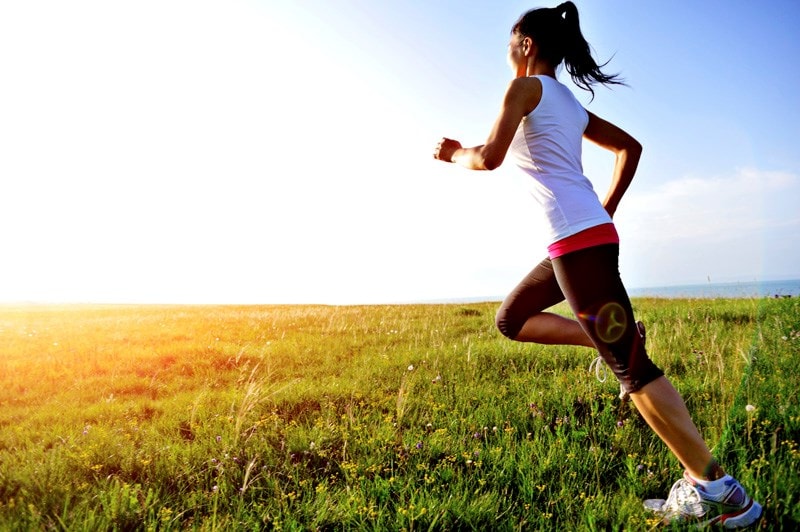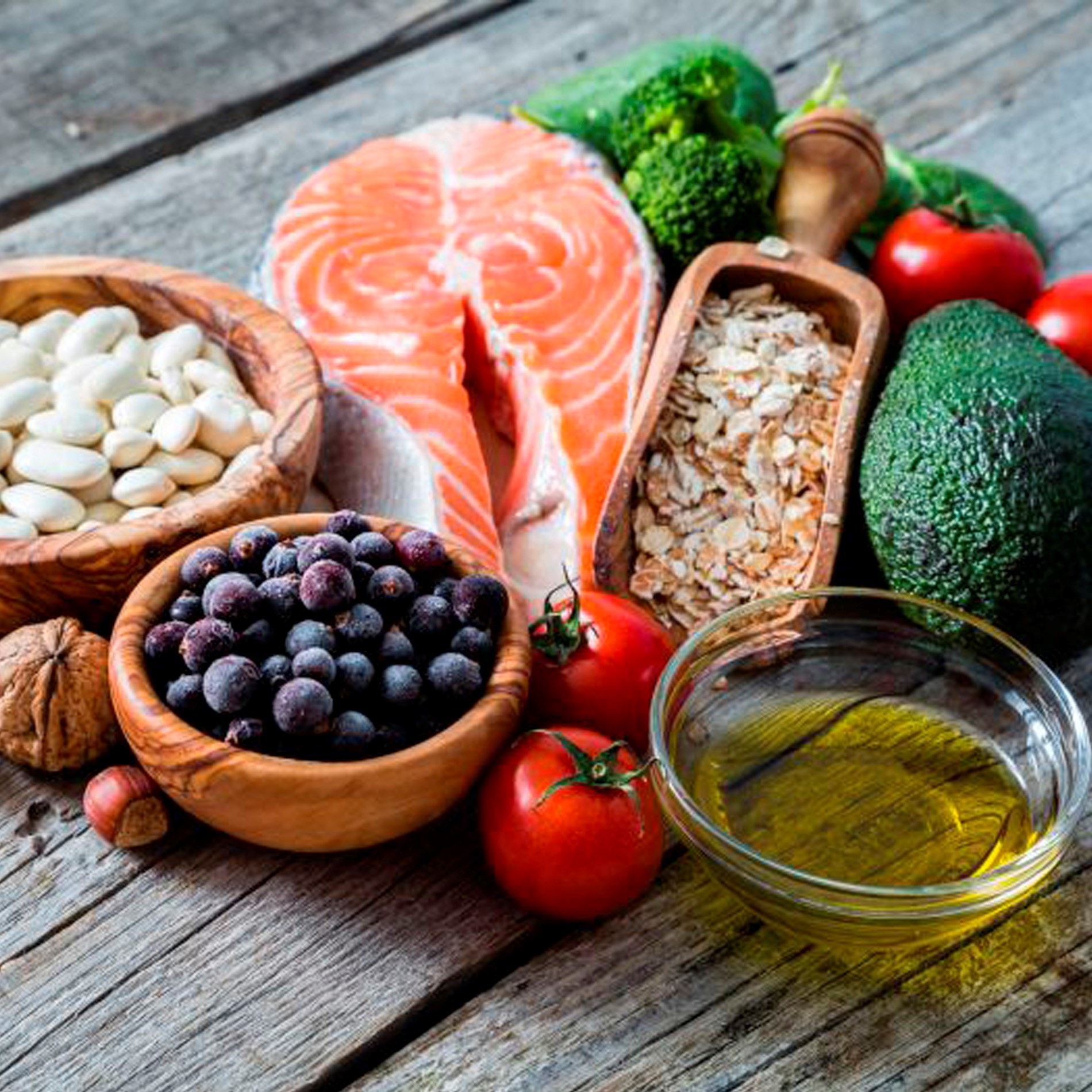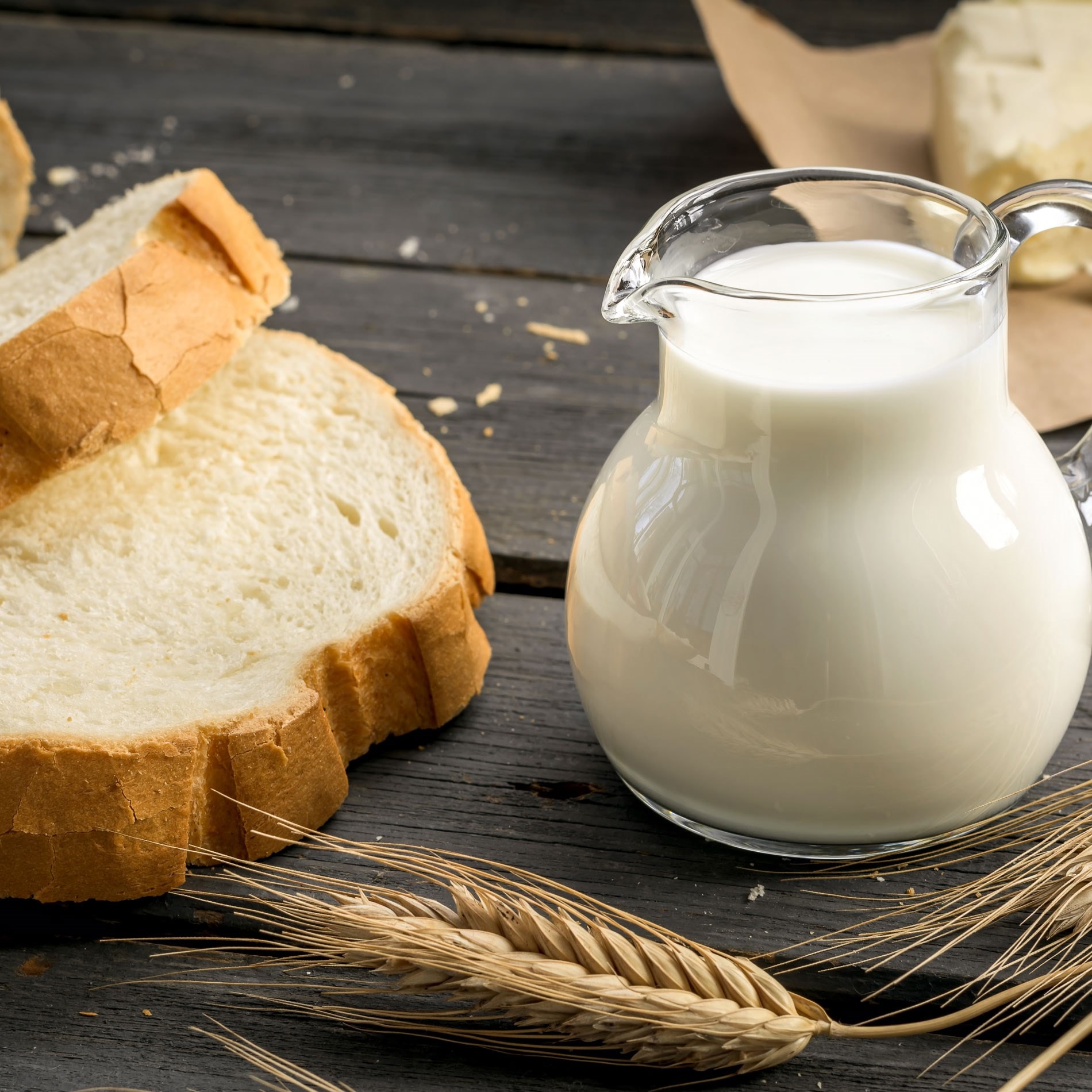Gut Flora & Cardiovascular Fitness
With the jubilation of the Rio 2016 Olympic games still fresh in our minds and hearts, and the Paralympics on their way, when could be a better time to consider the impact of our Cardiovascular Respiratory Fitness (CRF) on our wider health? Is it just our heart and lungs that benefit from us getting off the sofa a bit more often to pound the pavements, jump on our bikes or take up an aerobics class at the local gym, or do the physiological benefits reach further than that?

Well, according to a recent study1 it appears that our digestive system may be one unexpected area of health that may indeed benefit from our athletic endeavours! The scientific study looked at whether or not our microbiome is affected by our cardiovascular (CV) fitness. Learn more about the microbiome by reading: The microbiome - all you need to know. The study which recruited 39 healthy young adults between the ages of 18-35 (22 males and 17 females), used faecal samples to establish the health and diversity of each participants microbiome, and then used ‘VO2 peak testing’ to assess their cardiovascular fitness.
VO2 testing is the ‘gold standard’ test for establishing cardiovascular fitness levels. It requires test participants to be put on a static bicycle in the gym and to cycle at their maximum capacity for a set period of time. Their expired breath is collected and measured for oxygen levels in order to work out their maximum oxygen consumption.
Links were then looked for between the VO2 Max results of the study participants and the overall health and diversity of their gut flora, as measured from their faecal samples. Scientists were specifically interested to learn whether the number of bacterial species present in the gut changes with improvements in cardiovascular fitness, whether certain species of bacteria appear to be positively linked to cardiovascular fitness and if so, what characteristics do these specific taxa (populations of bacteria) have that are able to impact our CV performance?
The results:
Whilst the researchers did not find any particular correlation between Cardiovascular Respiratory Fitness and any specific taxa of bacteria, they did see a clear link between improved CRF and faecal butyrate levels. Butyrate is a short chain fatty acid that is produced when certain genera of probiotic bacteria (such as Clostridiales, Roseburia, Lachnospiraceae, and Erysipelotrichaceae genera) ferment on partially digested fibre in the colon. It plays an important part in colonic health, as it provides a source of energy for the cells of the colon wall. Abundant colonies of these key butyrate-producing genera of bacteria were found in the study participants with higher CV fitness levels. This correlation was found to be statistically significant (p<0.05) and associated with VO2 peak.
These results suggest an important role of these bacterial populations in relation to increased butyrate production amongst more aerobically fit individuals; however, future studies (with greater participant numbers) should be done to test these findings further before more conclusions can be drawn.
However, if you were feeling inspired after watching team GB in the Rio Olympics, but needed just one more little incentive to raise you from your comfy sofa, now you have it. Early findings suggest that cardiovascular exercise seems to be good for your gut flora as well as your gut circumference!
If you'd like to read more about the role of butyrate for our general health, you may like to read Kerry's fascinating blog linking brain health to butyrate and beneficial bacteria. Another way to positively influence our gut microbiome is by taking a high quality, well researched probiotic supplement. Learn more by reading: What are probiotics?
You may also like to read:
How might probiotics help me as an athlete?
Probiotics and sport - The athlete's microbiome
References
- https://microbiomejournal.biomedcentral.com/articles/10.1186/s40168-016-0189-7
Popular Articles
View all Gut Health articles-
Gut Health15 Nov 2023
-
Gut Health15 Nov 2023


